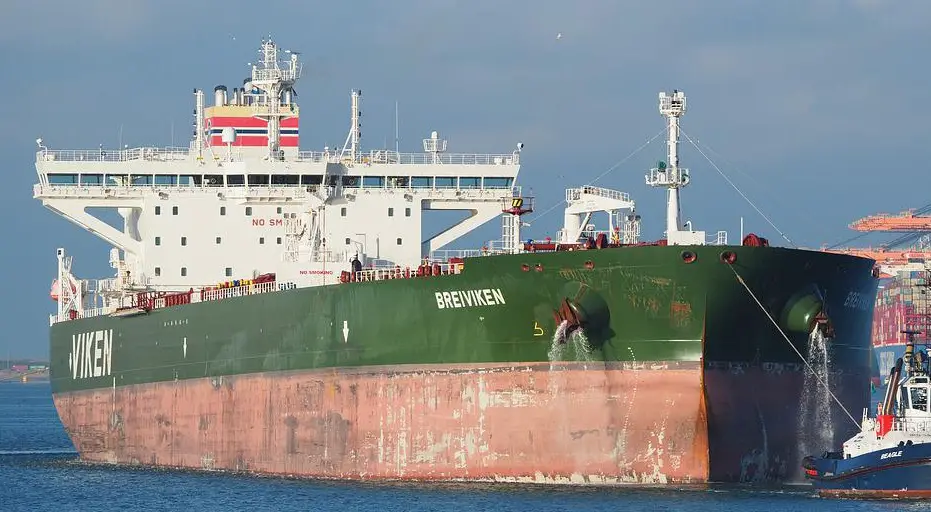As Europe seeks to place an embargo on Russian oil products, many opportunists are discovering ways around the sanctions and profiting mightily.
According to Refinitiv data, shipping records, and analysis by think tank Centre for Research on Energy and Clean Air, some oil cargoes are coming into the EU and the US across the Atlantic courtesy of Indian refineries, which are buying up cheap Russian crude at discounted rates, performing a level of refining on it, repackaging a blended refined product, and then shipping it on as Indian gasoline, diesel, oil, or other chemicals.
In other cases, oil is being transferred between ships at sea, a well worn tactic frequently used to sell sanctioned Iranian and Venezuelan oil. These operations occur most frequently off the coast of West Africa, in the Mediterranean, and in the Black Sea, before the oil travels on to China, India, and even Western Europe.
Although the US Embargo on Russian oil prohibits imports of crude, petroleum products, liquefied-natural gas and coal from Russia, the U.S. Office of Foreign Assets Control excludes goods which are transformed into another product. According to lawyers at three different firms, the OFAC has never established a rule defining whether the refining of oil into other products like gasoline, diesel, or other chemicals would count as such a transformation.
Although Russian oil exports initially declined in March, they quickly rebounded in April, according to the International Energy Agency. India, which imported 30,000 barrels per day prior to the war, now imports 800,000 barrels per day, according to commodity markets data company Kpler. This has been driven by the fact Russian Urals Crude oil is presently discounted around $35 below the cost of international benchmark Brent Crude. Prior to the war in Ukraine, it was priced in line with the benchmark.
In the time since the start of the war, Indian refined oil exports, fueled with cheap Russian crude, have grown sharply. The daily shipments to Europe have risen by a third, and shipments to the US have increased by 43%. Given record high gas and diesel prices in the US, extra supply from abroad is not being closely scrutinized.
Koen Wessels, an oil-products analyst at consulting firm Energy Aspects said, “If Indian refineries on the west coast have been importing lots of Russian crude then yes, probably there will be some Russian crude that has gone into the making of these products.”
Another tactic being seen is Russian ships carrying crude switching off their GPS equipment and going dark, according to Israeli ship-data firm Windward. That places another level of mystery over the exact flow of Russian oil. In some cases, such as shipments to China, this is done for insurance reasons, as many insurance companies have chosen not to insure oil coming from Russia.
It shows sanctions are not an end-all by themselves. Even when much of the world is unified in purpose, small groups of individual actors can easily bypass the rules and make a hefty profit for themselves in the process.

